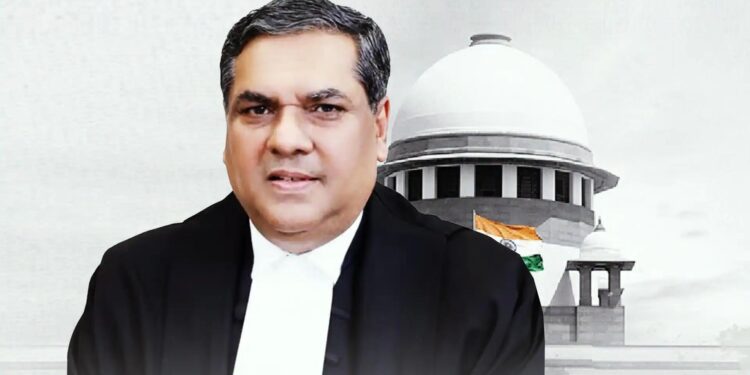In a significant overhaul of court procedures, the Supreme Court, led by Chief Justice of India (CJI) Sanjiv Khanna, has formally discontinued the practice of oral mentioning for urgent hearings.
On Tuesday, CJI Khanna announced that advocates will no longer be allowed to make verbal requests in the courtroom for the urgent listing of cases. Instead, all such requests must now be submitted through written communication, either by email or a written slip detailing the specific reasons for the urgency.
The CJI’s directive was clear: “No oral or written mentionings will be permitted. Only email or written slips are allowed, with a clear explanation of why the matter is urgent,” he stated in open court.
This decision marks a sharp break from the practice during the tenure of former CJI DY Chandrachud, who had allowed advocates to make oral mentions for urgent matters, often in cases involving time-sensitive issues such as demolition orders, impending arrests, or emergency legal relief. The oral mentioning system had been used frequently to address pressing instances, but it was also criticized for leading to delays and congestion in court proceedings.
The new procedure is expected to streamline the process, ensuring that urgent matters are brought to the Court’s attention in a more structured and documented manner. This move reflects CJI Khanna’s broader approach to reforming court procedures for greater efficiency and transparency.

















